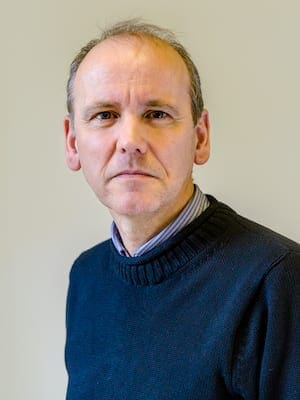The saga of WikiLeaks continues to intrigue. It is not so much what is revealed, though no doubt various intelligence agencies around the world have teams on standby to trawl through the latest list of people and places, or to sort the wheat from the diplomatic chaff.
For most of us the sheer detail of what is revealed is enough to deter us from too great an interest (itself a novel security strategy, perhaps: make it dull enough and no one will care).
But two things are genuinely interesting about these leaks, their military or political implications aside. First is the apparent ease with which the information has been acquired.
In these times when we are all supposed to be terribly security-conscious, memorizing 20 different passwords (and never, ever writing them down) and keeping all our anti-virus software up to date, it looks as though large parts of the United States establishment are simply oblivious to the need for all this.
This would be terribly funny if it weren’t so serious, and even though it is (we are told) very serious indeed, it is quite funny even so.
Even more interesting, though, is the rationale for these leaks, and the fascination with which they have been greeted in the press and on the net.
Private documents have been made public on the grounds that “we have a right to know.” Whether we do or not, the temptation to peek has been irresistible. So we know what the United States thought of Gordon Brown, what they thought of the British efforts in Afghanistan, and that Ed Miliband was not thought worthy of an assessment as a future Labour leader.
We also know that the United States has a list of vital installations around the world, including a cobalt mine in Congo, a snake venom antidote factory in Australia and an insulin plant in Denmark. What’s next? Only Julian Assange knows, and possibly not even he.
But the interest lies in what these leaks – and the reaction to them – tell us regarding what many people feel about those who govern us. They are not trusted. They have something to hide. What is said in public and what is said in private are two different things – and it is the private rather than the public that should be believed.
In other words, WikiLeaks both feeds and symbolizes conspiracy theories that tell us we are being lied to.
How, then, should we respond Christianly to the phenomenon? With watchful hearts, the innocence of the dove and the wisdom of the serpent. We cannot always assume that those who lead us will do so with integrity, but we must not assume that they are all scoundrels.
We may wish to know more than we do, but we cannot assume that we have the right to do so, or that making more information available is necessarily best for the peace of the world.
And if our instincts lie the other way, we should not approve a witch hunt against Assange and his organization on the grounds of national security. He may be mischievous, but letting the information out in the first place was just silly; he should not have to suffer in order to provide balm for bruised egos.
Democracy must be able to flourish outside the hothouse of power. For Christians, trust is a good thing. We may be let down, but it is better to trust and be deceived occasionally than never to trust at all.
Mark Woods is editor of Britain’s Baptist Times, where this column first appeared.

